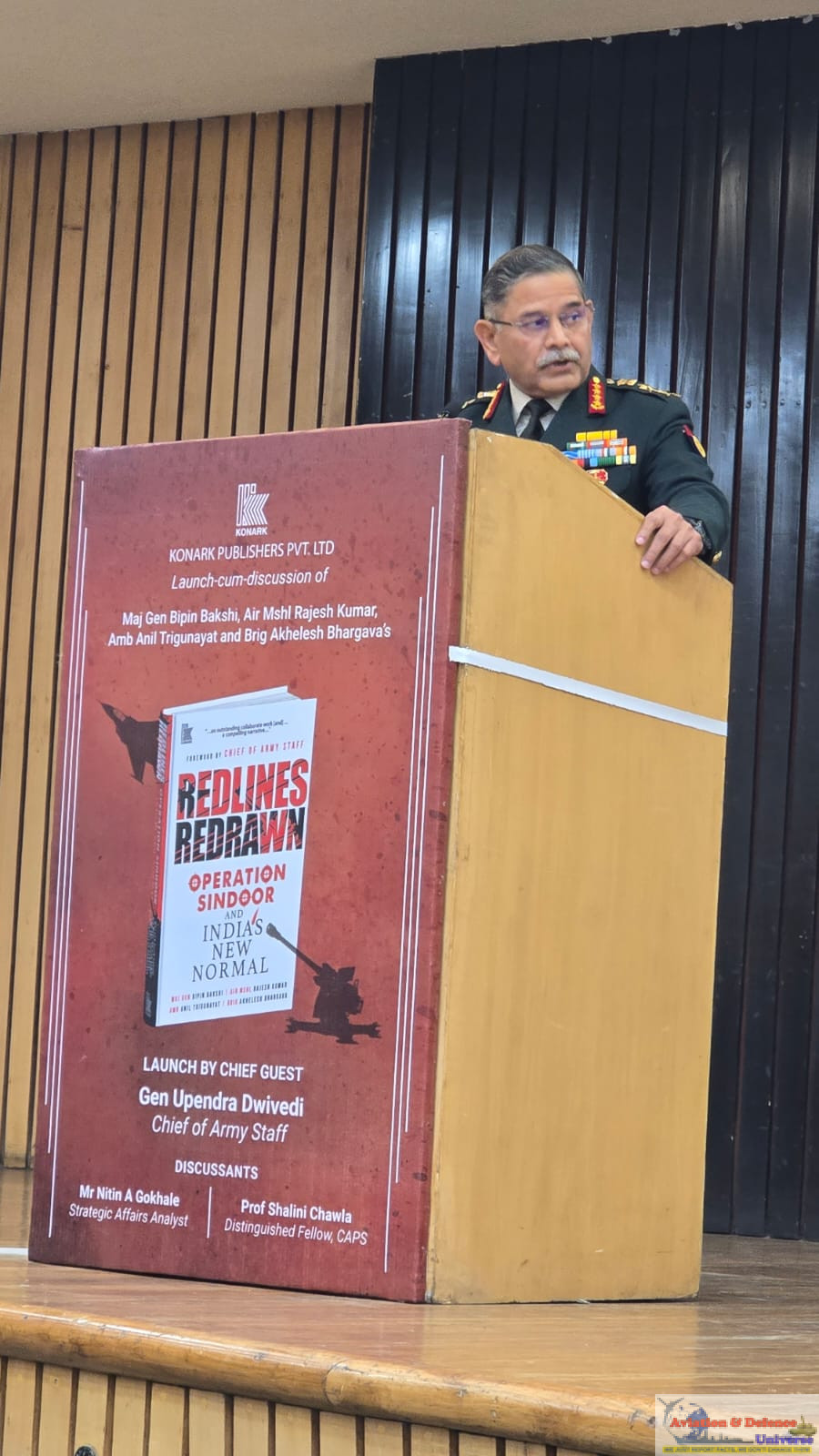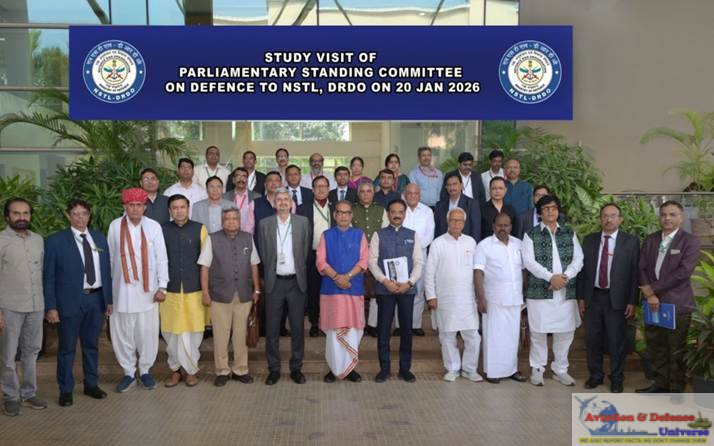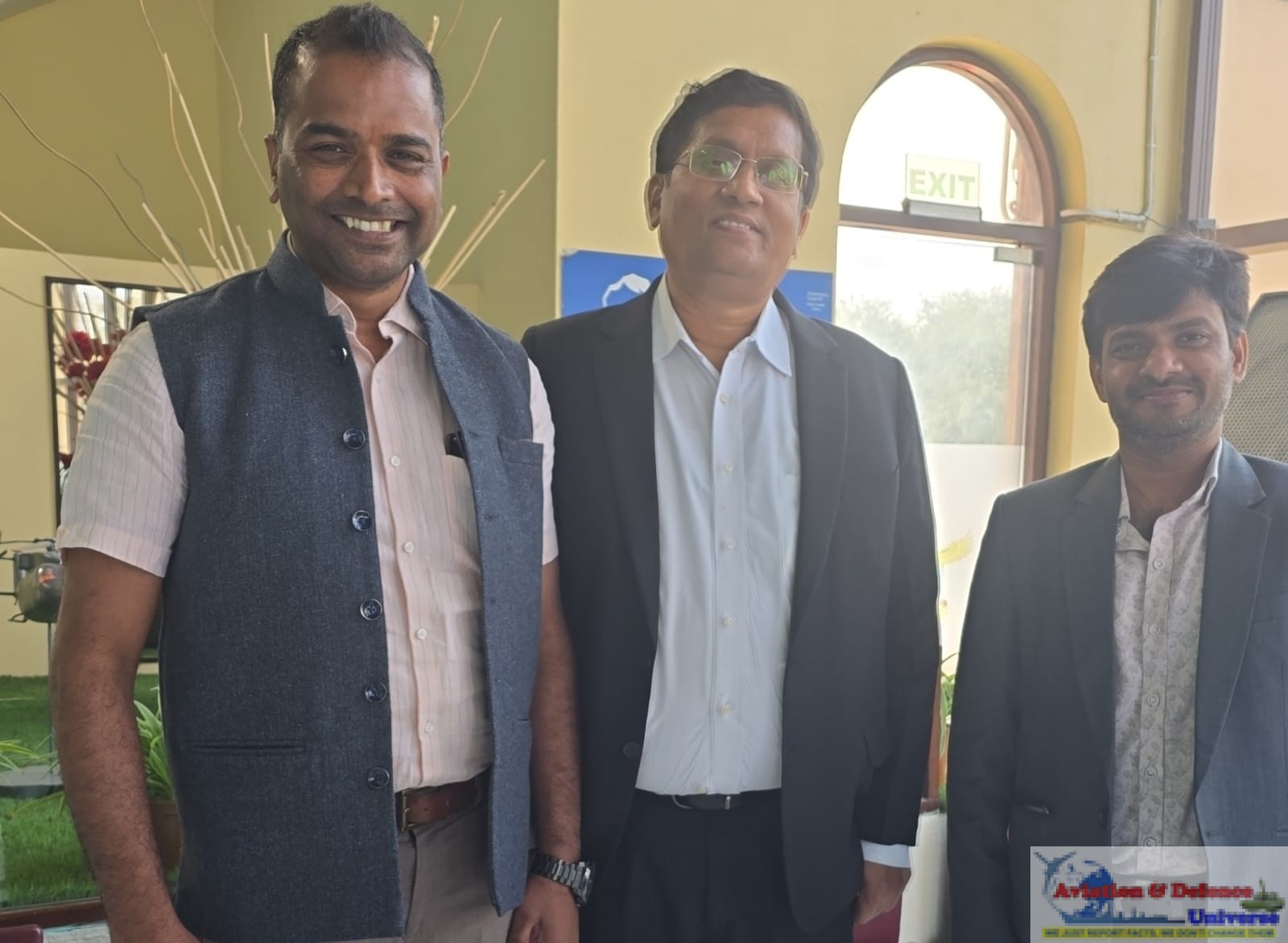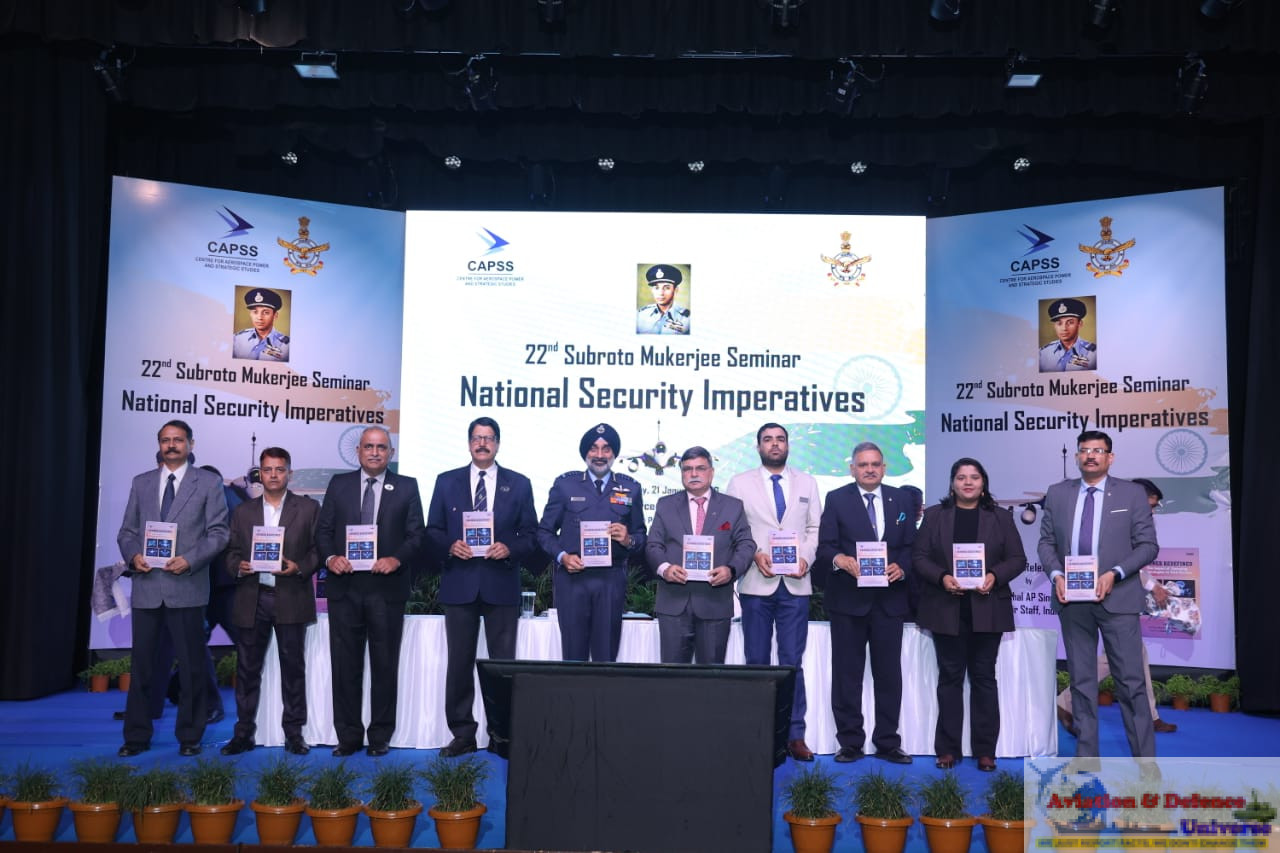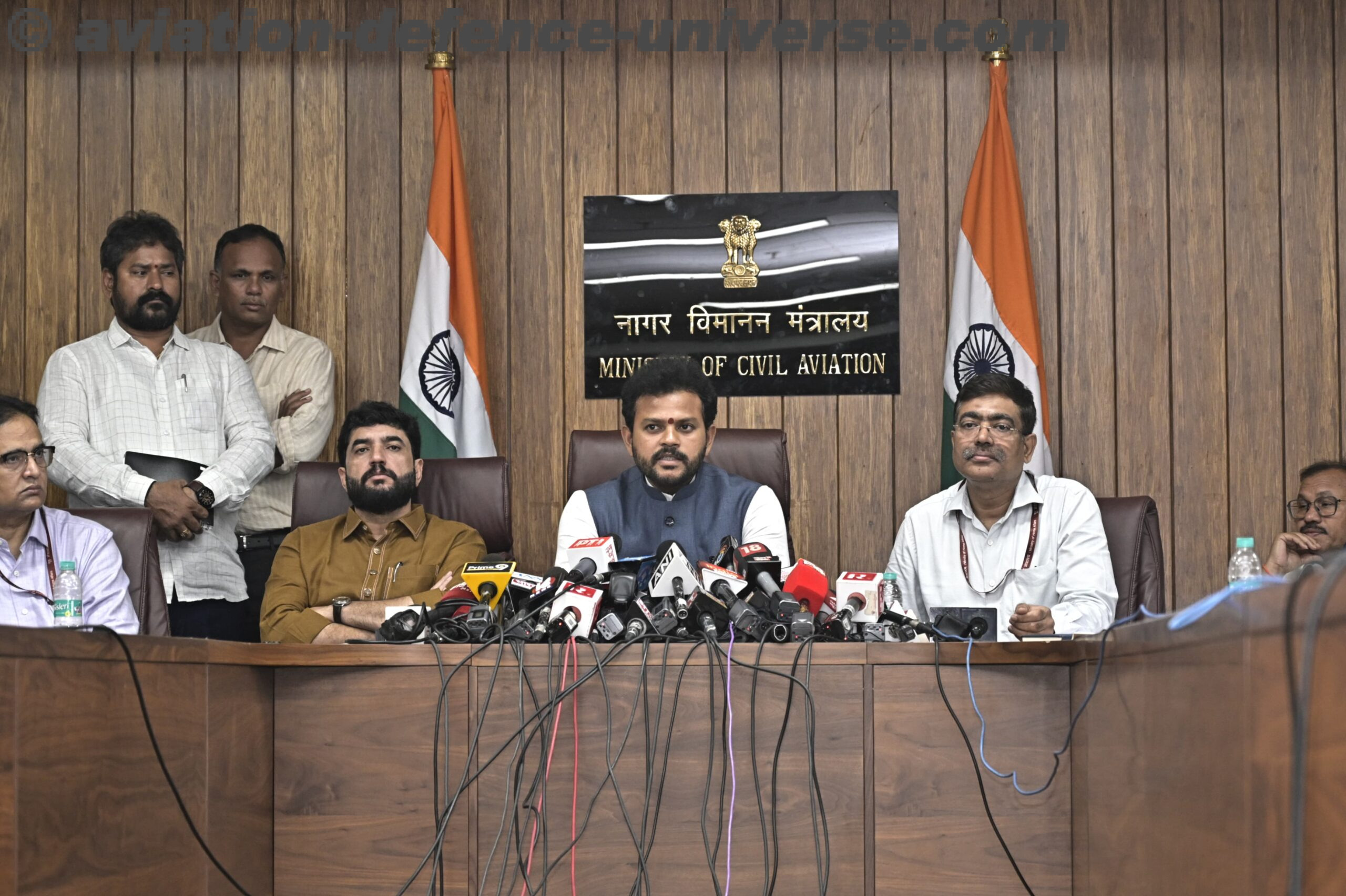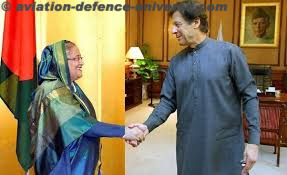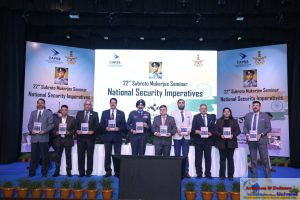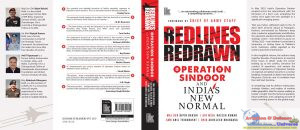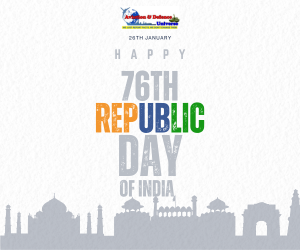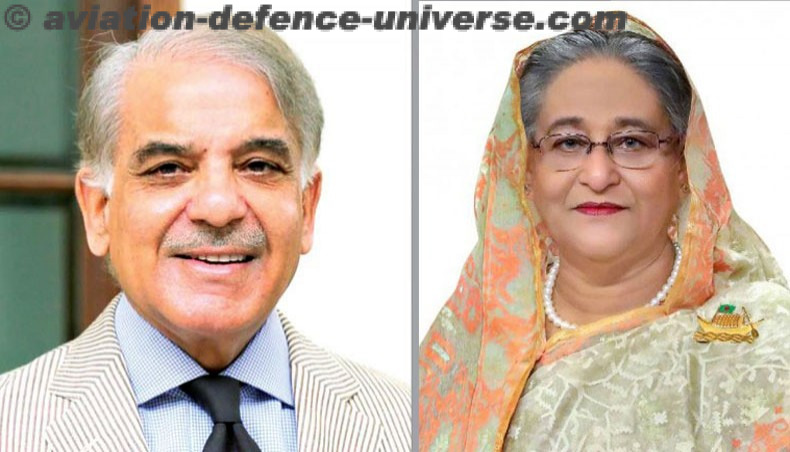
By Maj Gen (Dr.) Ashok Kumar, VSM (Retired)
New Delhi. 11 September 2024. There is something beyond logic which is still keeping Pakistan continuing as a sovereign state. It has undergone major upheavals since independence including suffering the rule of its military dictatorship for most of the time. Even when there has been some form of a democratic Government, Pakistan military has been calling the shots from behind the curtains. While forms of governance is one issue, the country has undergone major turbulent times in the recent past with No of defence / geopolitical analysts calling it ‘collapse of this nation in near future’ but this has not happened so far. In fact, it succeeded in contributing to a regime change in Bangladesh that too on the fifth anniversary of abrogation of Article 370 under our nose though with support of other stakeholders. Some of the issues of concern are covered in the succeeding paragraphs:
- Political Instability. Mr Imran khan was ousted from the appointment of Prime Minister, some say, at behest of Pakistan’s military. He was arrested in May 23 which was followed by large scale demonstrations resulting in large scale of arsons and looting. Even the houses of senior military officers were not spared by the supporting mob. An anarchy like situation prevailed till the time Army assumed leadership and put entire leadership of PTI behind the bars. At one point of time, it appeared as if the law and order has finally collapsed but the country was able to pull it off.
- Sham Elections . Elections were held thereafter while PTI chief Mr Imran Khan was still in jail. His party candidates were forced to fight as independents as against on party tickets. Despite this, Imran Khan Supporters won good No of seats but due to alliance of PML-N and PPP, the current PM of Pakistan formed the government. There is a regular demand to hold free and fair elections to seek the real mandate of people but none of such things are being contemplated. Despite such a state, the country is able to handle its adversities reasonably well, reasons notwithstanding.
- FATF Grey List . Pakistan was put on ‘Grey List’ by Financial Action Task Force (FATF) since 2018. This was preceded by it being under watch list from 2012 to 2015. Pakistan’s support to the terrorism in India and elsewhere came to the knowledge of the entire world and it was hoped that it will continue under ‘Grey List’ for times to come and will invite more stringent actions by the international community but it was able to come out of it due to under-land support of China which has enabled it to get the liberal economic aid as well.
- Faltering Economy . Pakistan is under serious economic constraints despite aids by China and Saudi Arabia. It has also succeeded in getting the IMF loan tranches for its bailout and continuously working to get additional instalments. Skyrocketing inflation and reduced availability of basic items indicated that the population is against the Government and the Army but the same also appears to have subsided at least temporarily. Inflation has also got moderated from earlier levels.
- Disturbances in POJK. Shortage of basic essentials coupled with skyrocketed costs in POJK had indicated as if the people of POJK are fully unhappy with Pakistan and they may themselves join India as the J&K was progressing very fast specially post abrogation of Article 370, almost five years back. Such statements started appearing in the media that POJK will become part of India due to people’s will and no military action is needed for this integration. With passage of time, this issue also appears to have been blown over.
Not only the above conditions, Pakistan has faced multiple challenges in the recent past. At the same time, it has continued its anti-India tirade on the multiple fronts. While India was ‘celebrating sustained peace and tranquillity in the Kashmir Valley having stabilized the Jammu region, all hell broke out due to renewed and successful effort of Pakistan to carryout multiple high profile terrorist activities in the Jammu region. This resulted in increased deployment of forces and resources into the Jammu region including induction of two AR battalions from the NE. It is obviously clear that Pakistan both as a state as well as through ISI were spearheading such activities.
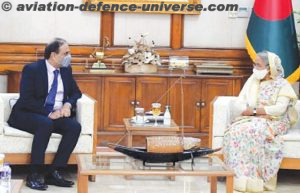
But all along these activities, a larger game was being played in Bangladesh by ISI of Pakistan with support of other anti India stakeholders. Pakistan appears to to be trying out its destabilising efforts in Bangladesh to test the Indian bandwidth confirming its not out as yet from its anti India campaign. While Indian establishment took Jammu region activities as a main challenge emanating from Pakistan, Bangladesh issue was probably missed out from the main radar of India. India was apparently feeling comfortable in continued regime of Sheikh Hasina who got the power recently in a row. It was beyond comprehension that a regime change is being structurally waged out in Bangladesh affecting the serious security concerns of India by proactive role of ISI of Pakistan. The issue of reservation accorded to the dependents was just a ploy and it had lost its relevance once Supreme Court drastically reduced the reservation quota. It became abundantly clear that a larger game was being played by radicals with the support of ISI, BD Army and other stakeholders. Such situations demand serious actions.
It is important to realize that China and Pakistan are deliberately working against Indian interests and they have to be checkmated deliberately and proactively. Despite all problems Pakistan is facing, Pakistan may be considered ‘down’ but definitely ‘not out’, a fact proven through Bangladesh events.

(Maj Gen Ashok Kumar, VSM (Retd) is Director General Centre for Joint Warfare Studies (CENJOWS), a Kargil war veteran and a defence analyst. He specialises on neighbouring countries with special focus on China. The views in the article are solely the author’s. He can be contacted at editor.adu@gmail.com).












